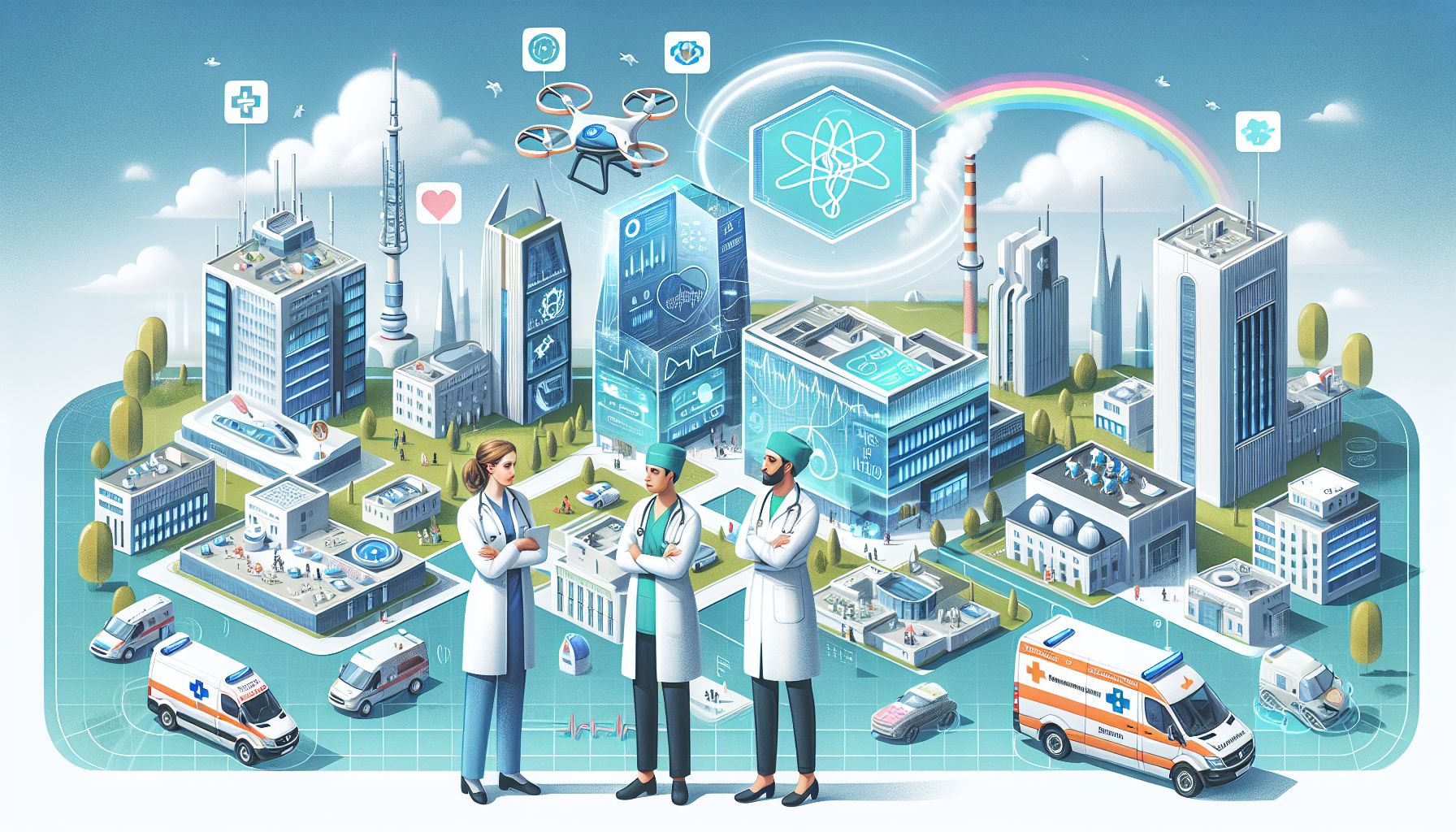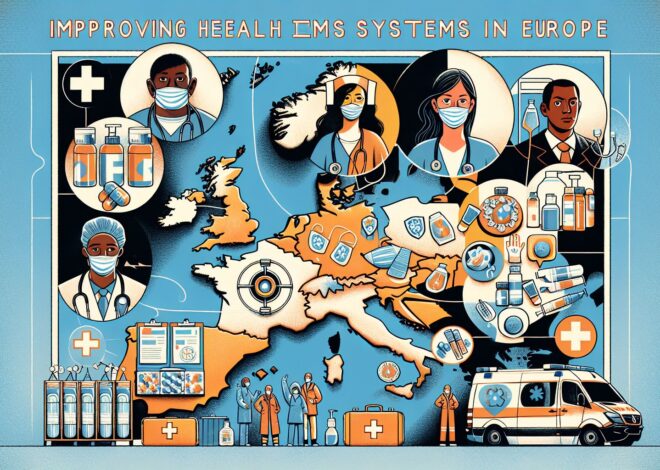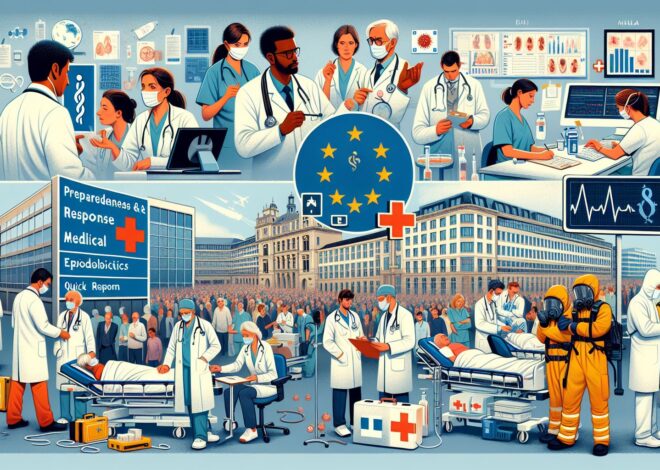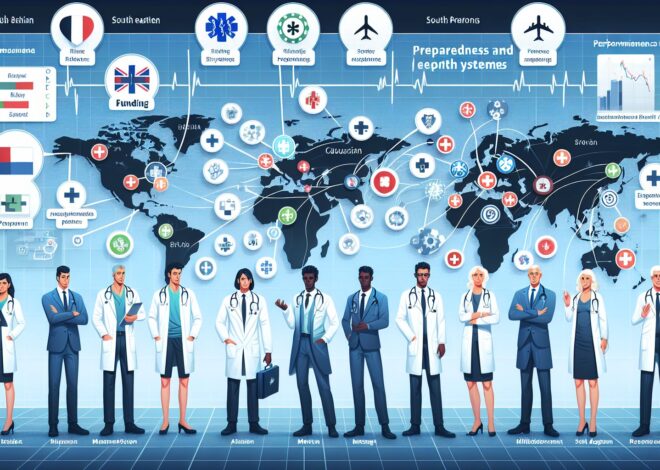
Ensuring the Preparedness and Response of European Health Systems
In recent years, the world has faced various health challenges, from infectious disease outbreaks to aging populations. The outbreak of the COVID-19 pandemic in 2020 highlighted the importance of having strong and resilient healthcare systems in place. European health systems, like those around the globe, have had to adapt and respond quickly to the unprecedented situation. This article will explore the preparedness and response of European health systems, addressing health professionals, policymakers, and concerned citizens.
The Importance of Preparedness
Preparedness is key to effectively responding to any health crisis. It involves planning, training, and resource allocation to ensure that healthcare systems are ready to handle any challenges that may arise. In the case of European health systems, preparedness has been a focus for many years. Countries like Germany and the Netherlands have invested heavily in their healthcare infrastructure, ensuring that they have the capacity and resources to respond to emergencies.
Health professionals play a crucial role in preparedness efforts. They are the frontline workers who are responsible for caring for patients and implementing the latest medical protocols. Training programs and simulations are often used to ensure that healthcare workers are prepared for any situation. Additionally, policymakers play a key role in shaping the healthcare system and ensuring that resources are allocated effectively.
Responding to Health Crises
Despite the best efforts in preparedness, health systems will inevitably face challenges that require a rapid response. The COVID-19 pandemic was a stark reminder of this fact. European health systems were put to the test as cases surged and hospitals became overwhelmed. However, many countries were able to adapt quickly and implement measures to control the spread of the virus.
One of the key lessons learned from the pandemic is the importance of collaboration and coordination. European countries were able to share information and best practices, allowing them to learn from each other and improve their response efforts. Additionally, innovative technologies, such as telemedicine and contact tracing apps, have played a crucial role in responding to the pandemic.
Moving Forward
As we look towards the future, there are several key areas that European health systems should focus on to improve their preparedness and response capabilities. First and foremost, investing in healthcare infrastructure is essential. This includes expanding hospital capacity, increasing the availability of medical supplies, and ensuring that healthcare workers are well-trained and equipped to handle emergencies.
Additionally, strengthening public health systems is crucial. This involves improving surveillance systems, developing robust communication strategies, and ensuring that vulnerable populations have access to healthcare services. Policymakers should also prioritize funding for research and development, as well as global health initiatives to prevent future pandemics.
In conclusion, the preparedness and response of European health systems are essential to ensuring the health and well-being of populations across the continent. By focusing on key areas such as infrastructure, public health, and collaboration, European countries can be better equipped to handle any health crisis that may arise. Health professionals, policymakers, and concerned citizens all have a role to play in this effort, and by working together, we can create a more resilient and sustainable healthcare system for the future.



